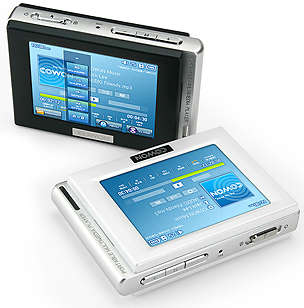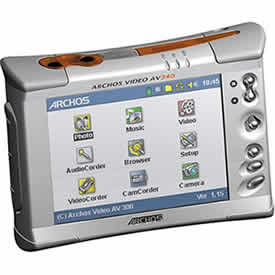Lots of press and people focus on Linux distributions when they check out what happens in Linux land. This and that distro come in new releases and they offer this and that brand new feature. This is also true of the many linux podcasts. They give credit to distros for new things that pop up.
Mostly everyone of us involved in open source projects have a different view on all that:
Distros package the developments that are done elsewhere by other people. Sure they contribute with glue code and they do put pieces together in useful ways but really, most of the real grunt work – the actual sweating, is done by ordinary open source teams working independently of distros (but sure, sometimes people related to or even employed by distros contribute in such projects).
This is also part of the explanation to why most distros are at about the same level of development, why no distro outcompetes the others at one go. When X11 brings a fancy new feature, all distros have it. When compiz can rotate the screen in yet another way, all distros ship that…
Of course the other part of the explanation is that most distros release their own work as open source, free for the other distros to absorb.
In fact, many times the distros actually hinder the work of the open source projects since they add a filter to bug reports, they patch in their own dirty solutions in their distro rather than to work with the projects to do the fix the best possible way and similar.
Distros are exactly what they’re called: distributions – they distribute bundled collections of software, the vast majority of that software is not made by the distro.

 mailing list titled “Thoughts on Wget 1.x, 2.0“.
mailing list titled “Thoughts on Wget 1.x, 2.0“.



